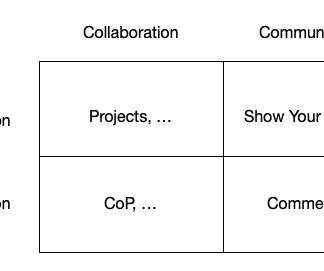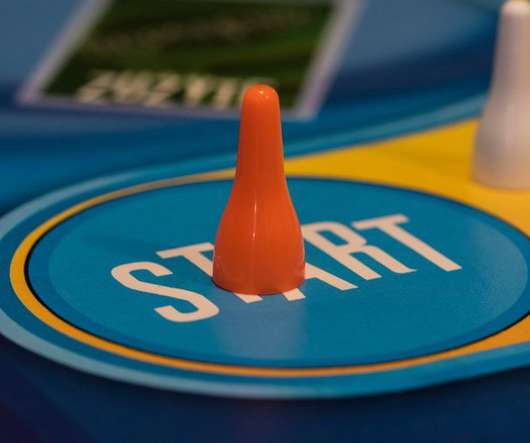LearnTrends: Personal Knowledge Management
Experiencing eLearning
NOVEMBER 17, 2009
Sense-making with PKM. PKM is a set of problem-solving skills for work, focused on getting things done but not necessarily task focused. PKM is a set of problem-solving skills for work, focused on getting things done but not necessarily task focused. A PKM Method. Other models for PKM. Participate.


































Let's personalize your content